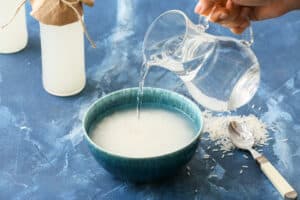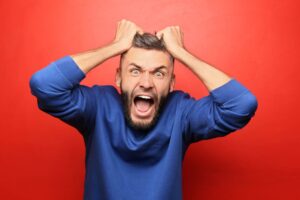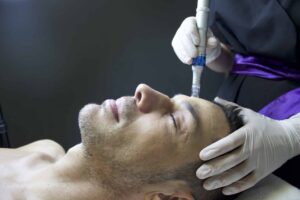
Rice Water for Hair Growth: Trend or Gamechanger?
Rice Water for Hair Growth: Trend or Gamechanger? So, if you’ve been paying attention to beauty trends over the last couple years, you might have heard of rice water for hair. Rice water is exactly what it sounds like: water








